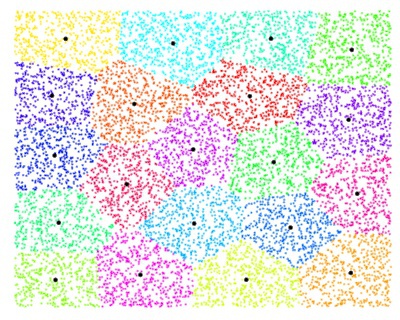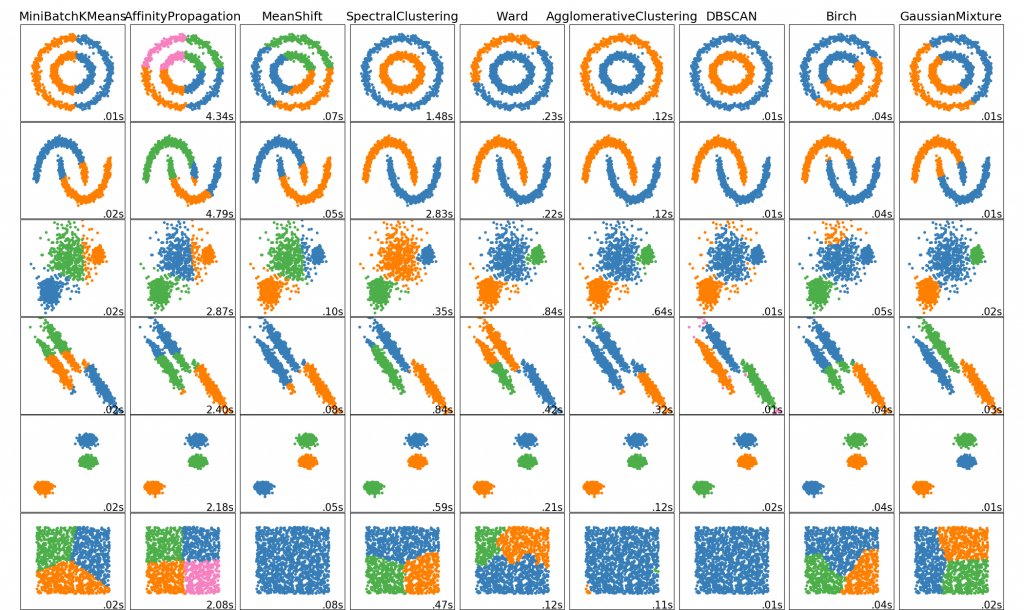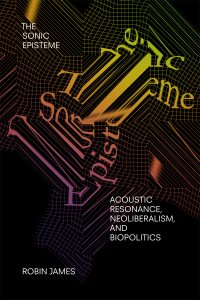I should have said this before, but the word itself is a monstrosity. Whosoever would attach a Greek prefix to a Latin root should be driven out of the city, egads. But let's overlook this superficial fact, at least for the time being. We saw before that metadata is an engineering problem. But metadata is a problem for other reasons too; metadata is a problem for thinking.
The notion that metadata might be a problem for society emerged onto the world stage with the Snowden revelations, although people have been worried about such issues already for some time. The conversation then was about the collection of so-called metadata -- telephone call records, who called whom, and so on -- and the lawful or unlawful ends to which such data might be used by state and commercial actors.
Here I'm not so much interested in whether metadata is a problem for society, but rather how metadata relates to thought and whether metadata might be a problem for thinking. Continue reading



